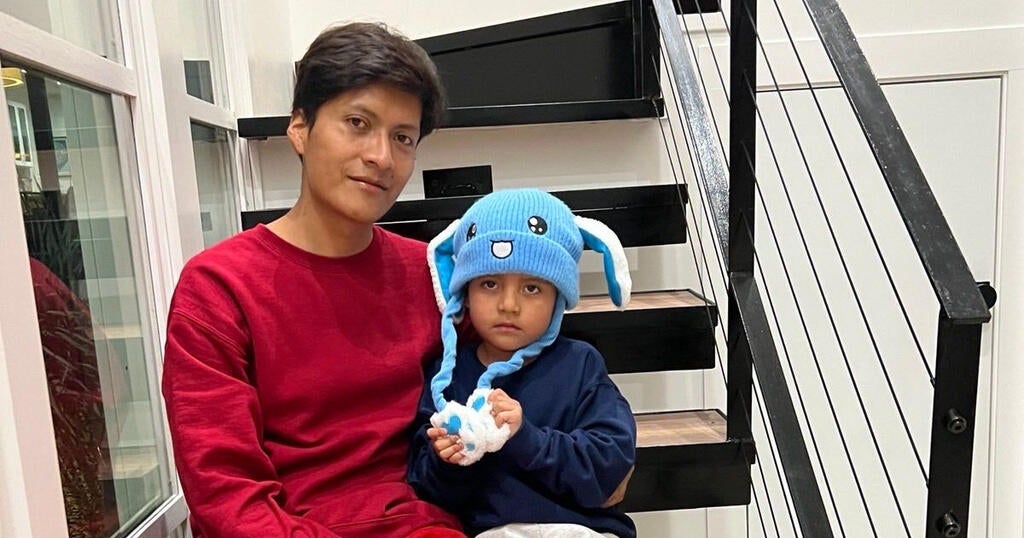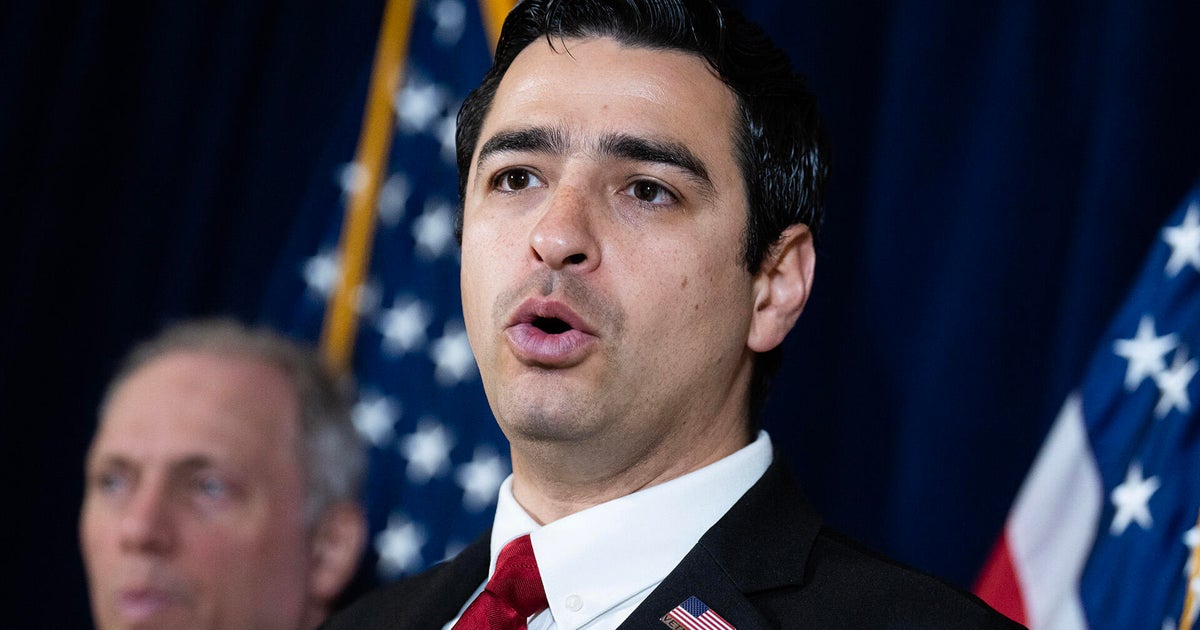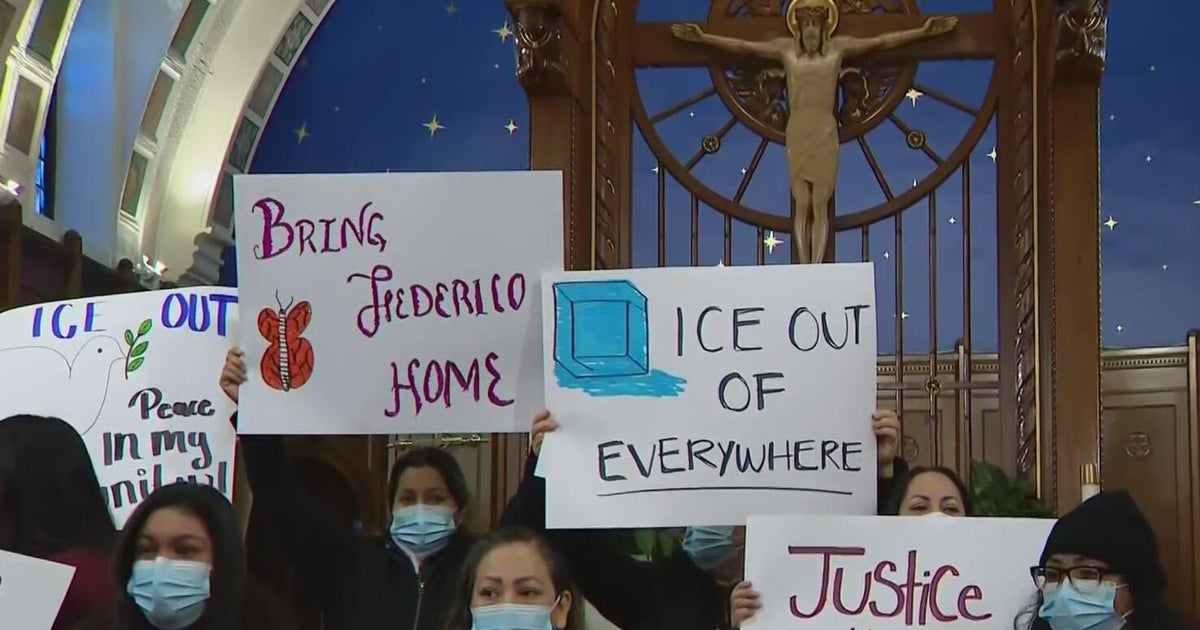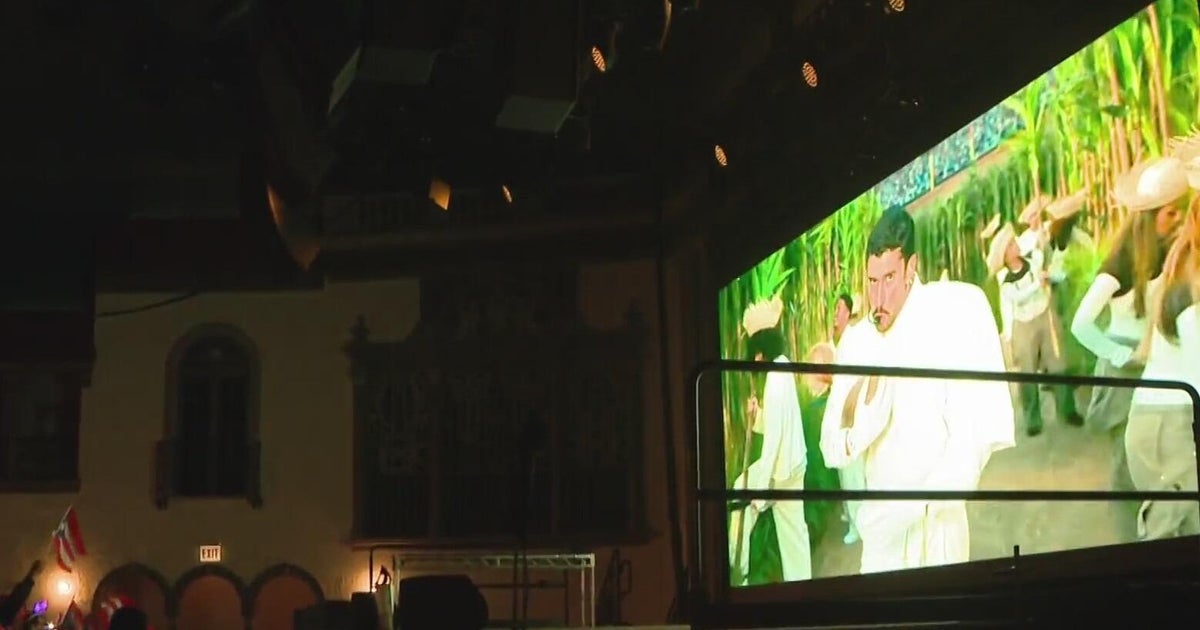Prosecutor Fights Terrorism By Building Trust
MINNEAPOLIS (AP) — When U.S. Attorney Andy Luger learned a local Muslim wasn't allowed to board a flight at the Minneapolis airport because his name resembled one on the no-fly list, the state's top federal prosecutor picked up the phone to arrange a meeting with airport security and customs officials and had the problem solved in weeks.
The swift action spoke volumes to members of Minnesota's large Somali community who have been trying for years to stop their young people from being recruited to fight with terrorists overseas. In Luger, some say, they have a government ally who listens, acts — and gives reason to hope.
"We've been waiting for somebody like him," said Mohamed Farah, executive director of the youth support group Ka Joog.
Extremist recruiting has been a worry of Somalis in Minnesota for years. Since 2007, more than 22 young men have left the state to join the terrorist group al-Shabab in Somalia. In the past year, a handful of youth have also left to fight with militants, including the Islamic State group, in Syria.
Outreach efforts by law enforcement have been a staple since the travels were first discovered, with the head of the Minneapolis FBI office at the time, Ralph Boelter, appearing on Somali television and radio shows and meeting with everyone from spiritual leaders to young people.
But the activity and energy from the U.S. Attorney's Office gas has ramped up since Luger arrived. Soon after Luger — jokingly compared by some to the Energizer Bunny — came on the job in February, he immersed himself in learning about the Somali community. In any given week he meets with elders, women or young people, dines with imams and appears at community forums to listen and collect ideas on how to stem the recruiting.
It was a natural course for someone who knew he'd need help. Luger, who declined to be interviewed for this story, told The Associated Press last month that building trust in the community is key. He hit the same note in a recent appearance before dozens of Somalis at a Minneapolis gym.
"If you read about charges in the newspaper or you see it on television, if you see me on Somali TV talking about it, this is something we're doing together," Luger said. "It is not the government attacking this wonderful, peaceful, private large community. You deserve to have this wonderful community grow and live and prosper in peace, and I want to help you do that."
Luger highlighted his work to ease screenings of Muslims at the airport, as well as a recent lawsuit his office brought against a suburb that denied a permit for an Islamic center. Both are huge issues in the community, and his remarks drew applause.
"He's reached out to almost every level of the community, to make sure to understand the culture, and the issues that are going on," said Hashi Shafi, executive director of Somali Action Alliance. "He tends to deliver right away, whenever he can."
Luger also told the crowd that when he goes to Washington to talk about solutions to stop recruiting, he'll be bringing Somalis with him, something that community activist Abdirizak Bihi called "amazing."
There have been a few challenges. One group of youths said their voices weren't heard; Luger met with them within days. And building trust is difficult in an immigrant community that's inherently mistrustful of government and fearful as several have been subpoenaed to testify before a federal grand jury. Luger can't confirm or deny that a grand jury investigation exists, but he has worked to educate the community about the general process to dispel fears.
Luger's predecessor, B. Todd Jones, met with Somali community members and appeared at some public forums too. But Jones hadn't been in Minnesota full-time since late 2011, when he began juggling his U.S. attorney duties with the job of acting head of the Bureau of Alcohol, Tobacco, Firearms and Explosives in Washington.
Collaboration isn't new for Luger. He sought input from local law enforcement even before he was confirmed as U.S. attorney, and used it to set priorities. Once he had the job, he visited cities like Duluth, St. Cloud and Rochester and traveled to Indian reservations to see how his office could help each community address their most serious crime issues. He did the same on terror recruiting, asking figures like Hennepin County Sheriff Rich Stanek for advice on outreach.
"What you see with the Somali community is typical and indicative of who he is," said Erin Sindberg Porter, a partner at the Minneapolis law firm Greene Espel, where Luger was in private practice. "He has always cared about his community. ... He's always been an interested observer and always looking for opportunities to participate and create connections between people."
Farah, whose Ka Joog group has been working for years to provide mentoring and opportunities for youth, said time will tell if Luger's efforts make a difference. But so far, he said, he feels more confident that the government will help the Somali community deter young people from jihad.
"We have a U.S. attorney here today who is really very passionate ... it feels like it's going to be a turnaround," Farah said. "I don't think we can predict the next person that will leave to ISIS or al-Shabab, but I think we have opportunities to use to our advantage."
(© Copyright 2014 The Associated Press. All Rights Reserved. This material may not be published, broadcast, rewritten or redistributed.)







